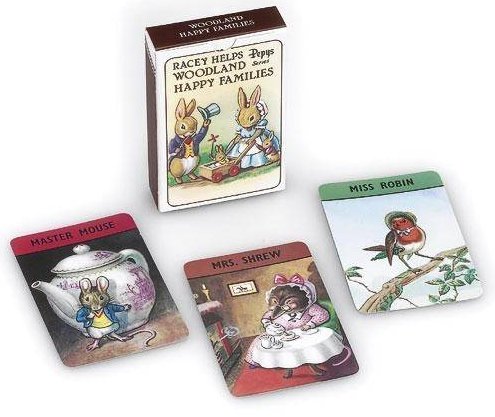I've not had a particularly productive week, and that goes as much for writing blog posts as it does for doing research. I have, though, been commenting at length on a thread at Dear Author about defining "romance." There may possibly be some correlation between those two statements, but it probably has more to do with being the sole adult in the house for three days this week, with sole responsibility for ensuring that my offspring was suitably fed, clothed, delivered to school on time, etc. That may not make up a large part of the "happy ever after" for Regency Dukes and Duchesses, or for billionaire tycoons and their spouses, but it's probably part of the daily routine of family life for a lot of romance readers.
It's generally agreed that part of the definition of a romance is that it must include a happy ending. Readers are supposed to believe that the protagonists will remain sentient and in love with each other for the forseeable future. Given that children are sometimes secondary characters, and authors often provide baby-filled epilogues, it seems that many of those happy endings will involve the formation of happy families. And so I suspect that a lot of romance authors would probably disagree that
"Happy families are all alike; every unhappy family is unhappy in its own way." (Leo Tolstoy, Anna Karenina)
Of course a happy family wouldn't cause the suffering which seems a prerequisite for the creation of tormented heroes and martyred heroines (there don't seem to be so many martyred heroes and tormented heroines) so perhaps it could be argued that a lot of romance authors do think that happy families are alike, inasmuch as they don't provide a lot of material for a plot? On the other hand, other authors seem to have found that (relatively) happy families provide plenty of fodder for sequels. They can be ideal in a light-hearted, humorous romance (or series of romances), although possibly not if Mary Burchell is right in thinking that
"the kind of good-humoured nonsense which is peculiar to every happy family [...] [is] almost entirely incomprehensible to all others" (Mary Burchell, The Other Linding Girl)
It's not going to do an author much good if her happy family's dialogue is incomprehensible to readers.
So what do you think? Are happy families less interesting and/or do they lend themselves to lighter, more humorous romances?

The image came from PDK Board Games and I hope they won't mind given that I'm linking back to them.

The sucess of Julia Quinn's
The sucess of Julia Quinn's series about the Bridgertons would suggest that happy families do indeed lend themselves to lighter romances.